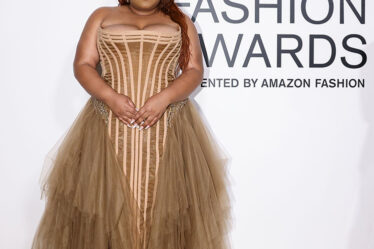
The Norwegian Consumer Authority has found outerwear brand Norrøna’s use of data from the Higg Index to back up environmental claims is misleading to consumers and warned H&M Group against using the same type of marketing.
The decision comes amid mounting scrutiny of big fashion companies’ sustainability claims, as concerns about greenwashing attract greater regulatory interest. It also deals a blow to the Higg Index, a widely used suite of tools developed by trade group the Sustainable Apparel Coalition.
Norrøna referred to the SAC for comment. The organisation said it is reviewing the NCA’s findings. H&M Group did not immediately respond to request for comment.
Norrøna was among the first to use a consumer-facing product labelling tool introduced by the SAC last year, using data from the Higg Index’s materials module to show shoppers how a handful of its organic cotton T-shirts measured up on environmental factors like water use and global warming, compared to an equivalent T-shirt made from conventional cotton.
The Norwegian consumer watchdog found the data provided by the Higg Index misleads consumers when used in this way. Though Norrøna’s marketing gives the impression an organic cotton T-shirt has a significantly lower environmental impact than one made with “ordinary” cotton, the authority said it could not find evidence for such a claim.
The decision is mainly due to the fact that the Higg Index’s materials module provides information about the average environmental impact of a particular material, not a specific product, the NCA said. But it also criticised limitations in the methodology and the fact that the underlying data is partly outdated. Norrøna must change or remove its marketing referencing data from the Higg Index by Aug. 14, the NCA said.
While Norway’s consumer watchdog only investigated Norrøna’s marketing, it also wrote to H&M Group warning the company to ensure it is not using the same kind of marketing by Sept. 1 or risk economic sanction. The Swedish fast-fashion giant is among the companies that have used Higg data in consumer marketing. Meanwhile, the SAC received a warning that it could be held responsible if its members use Higg data as a basis for environmental claims in their marketing.
The finding plays into an increasingly urgent debate over what “sustainable fashion” really means and how brands can back up any marketing. The SAC has sought to position the Higg Index as a suite of tools that can underpin such claims, but critics have argued the tools are not fit for use in marketing messages in line with the NCA’s decision.



